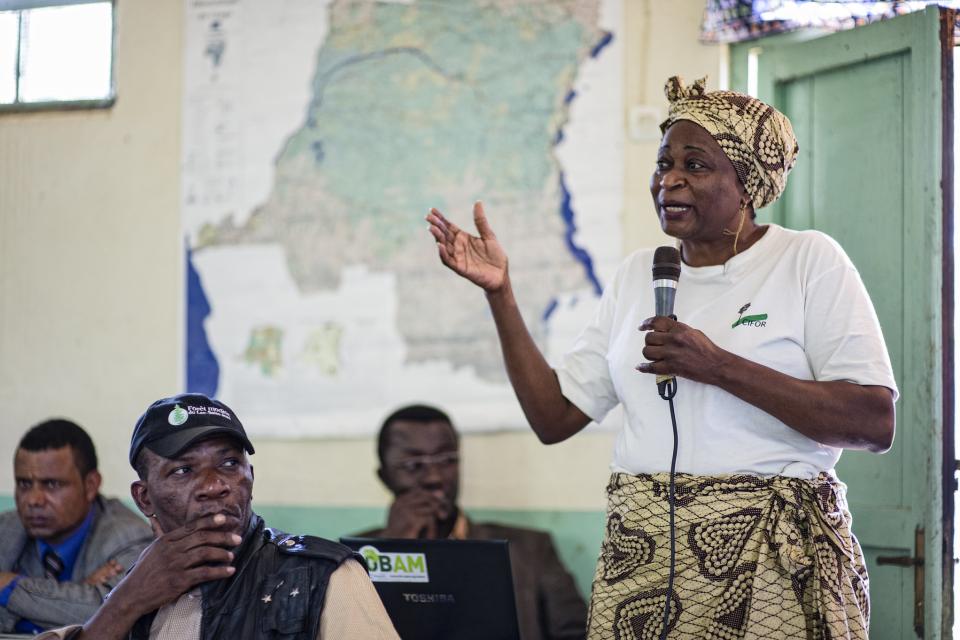Time-use agency: A new measure of women’s empowerment
 Photo: CIFOR
Photo: CIFOR
Substantial gender gaps in time spent on unpaid domestic and care work can be found in every region of the world, and have expanded during the COVID-19 pandemic. These are due, in large part, to rigid gender norms that place responsibility for unpaid care and domestic work disproportionately on women. As a result, women are more likely than men to be time poor—less able to make unconstrained choices about how to allocate their time.
Quantitative measures of time use are crucial to tracking progress toward gender equality. These can be based on, for example, individuals’ recollection of time spent on activities over the last 24 hours, or on survey questions (“On a typical day, how much time do you spend caring for children?”). But such approaches can fail to capture the motivations behind time-use decisions.
In research on women’s empowerment, time use is typically viewed either as a resource used in pursuit of personal goals or as an outcome that a policy or intervention is designed to improve. Empowerment is seen as a function of the amount of time spent on different types of activities. For example, the Women’s Empowerment in Agriculture Index (WEAI) and project-level WEAI (pro-WEAI) include indicators related to an individual’s workload, which define someone as less empowered if they spend more than 10.5 hours/day on paid and unpaid work.
While such approaches are useful for identifying time poverty, they reveal little about the link between time poverty and empowerment. Some women who work long hours each day might do so because of a lack of agency, while others do so because of enhanced agency—because they are internally driven (e.g., passion for work, self-fulfillment) rather than constrained by external pressures (e.g., social expectations, care responsibilities, subsistence motives). In reality, most women’s motivations are likely mixed. The subtleties in the decisions and tradeoffs women make around time use are important. Thus, generalizations that categorize those with heavy time burdens as disempowered can mask key aspects of agency.


